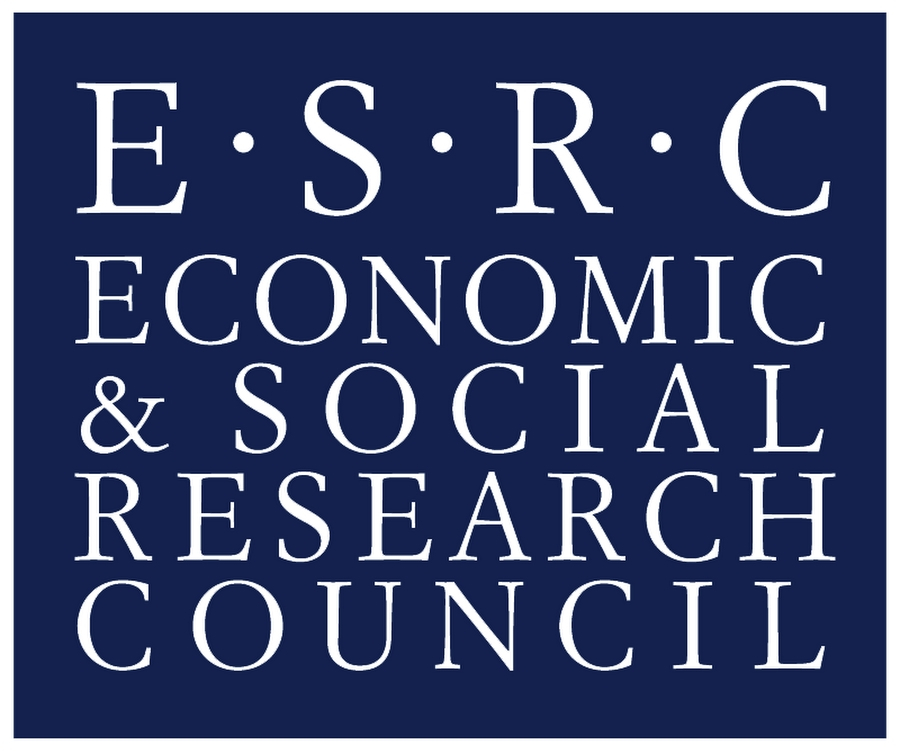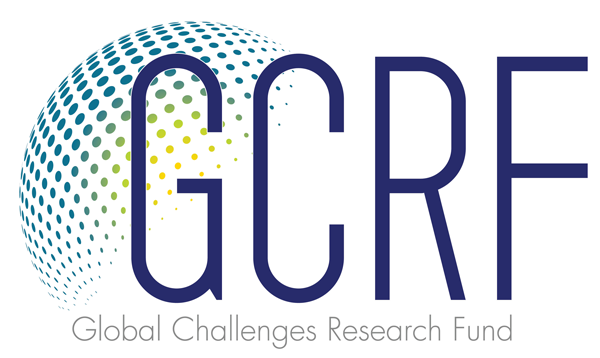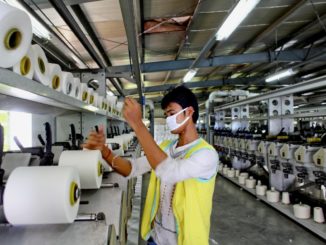
Pandemic’s Box: How Corona Changes the Future of Work around the Globe
The Covid-19 crisis impacts the way we work and the technologies we use. It will have lasting effects on Global Value Chains, robotization and the […]

The Covid-19 crisis impacts the way we work and the technologies we use. It will have lasting effects on Global Value Chains, robotization and the […]
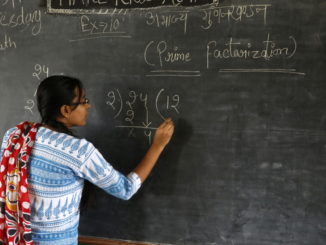
Ingrid Kvangraven and Carolina Alves clear up some common misunderstandings about ‘Heterodox Economics’ in a new GPID working paper. Here are their key lessons. Many […]

In this week’s blog, Paul Shaffer of Trent University explores Angus Deaton’s ‘sinister view’ on income inequality in the US. It is widely recognised that […]
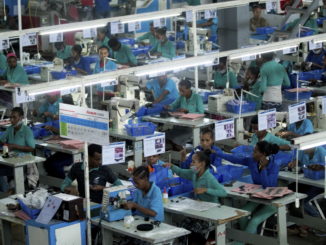
Understanding the changing nature of work and its global ramifications is a key challenge for our time. The GPID network is involved in two exciting […]
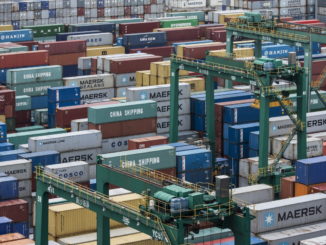
Global value chains (GVCs) are seen by many, including the World Bank, as a promising remedy to slow growth in developing countries. Local firms can […]

Have developing countries converged on advanced countries? This was a topic of much discussion in the 1980s and 1990s, and it recently resurfaced (see e.g. […]
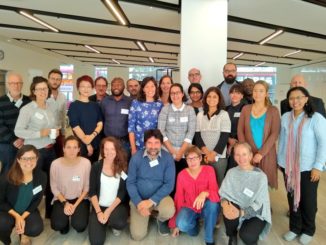
A vibrant two-day international workshop discussed the potential of mixed-methods research in studying problems of global poverty and economic development. The conclusion: while faced with […]
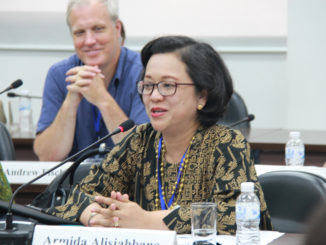
Professor Armida Alisjahbana, official advisor to the ESRC GPID network, has been named as Under-Secretary-General of the United Nations. This is the second major UN […]
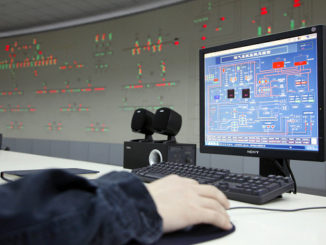
This week, we wrap up our special series on the future of economic development, work, and wages in developing countries. We draw some conclusions. We […]
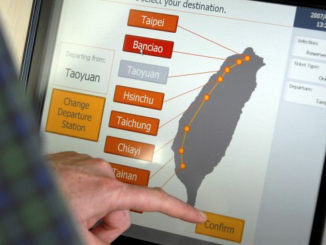
This week, we continue a special series on the future of economic development, work, and wages in developing countries. Last week we considered the potential […]
